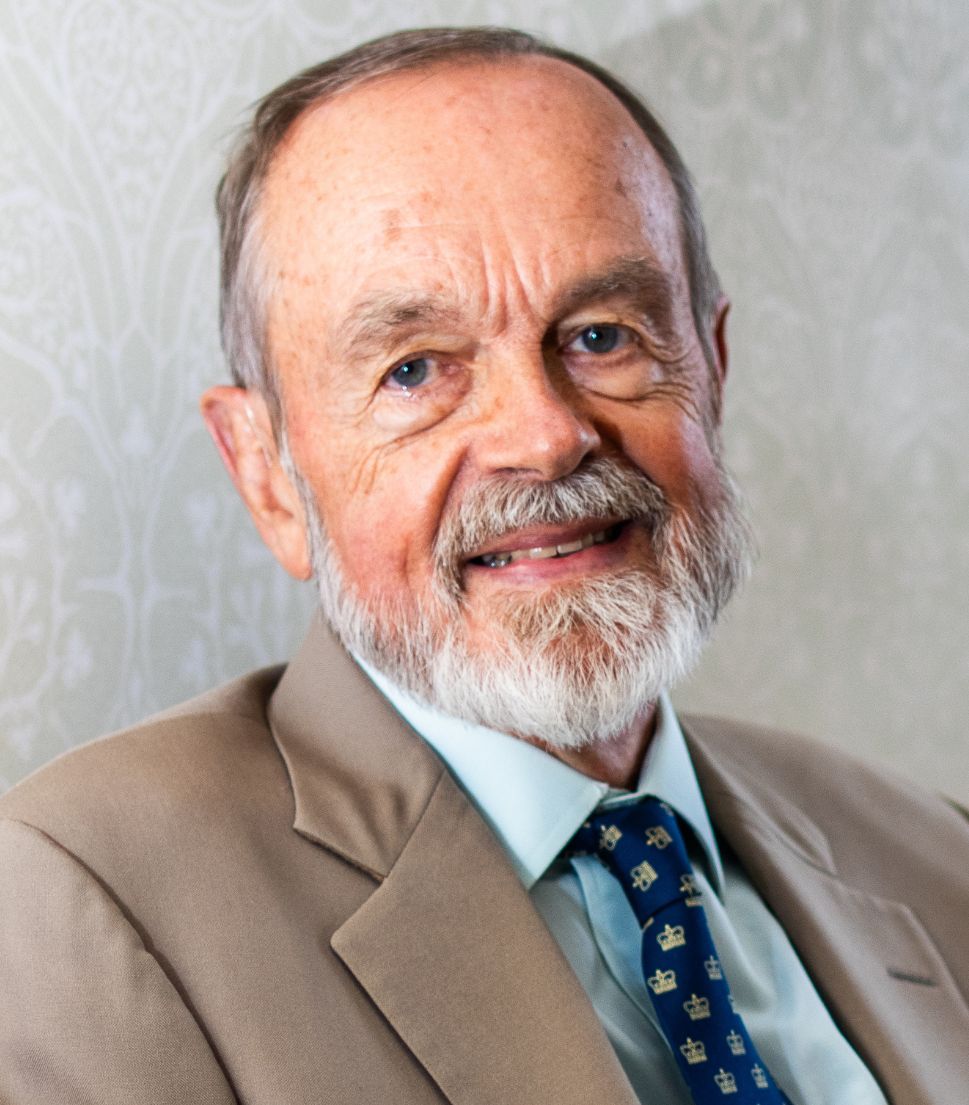BIO
Philip Kitcher (London, United Kingdom, 1947) is the John Dewey Professor of Philosophy Emeritus at Columbia University (New York), where he was appointed to a full professorship in 1998. On completing his PhD in History and Philosophy of Science at Princeton University in 1974, he opted to continue his academic life in the United States, occupying tenure-track positions at the University of Minnesota and the University of California, San Diego. He has served as president of the American Philosophical Association (1996-1997) and as editor-in-chief of the journal Philosophy of Science (1994-1999), and has been distinguished with honorary doctorates from Erasmus University Rotterdam (2013) and the University of Humanistic Studies, Utrecht (2019), both in the Netherlands. His research interests, which began in the philosophy of mathematics, have expanded throughout his career to encompass conceptual and methodological issues in biology and the role of scientific research in democratic societies.
CONTRIBUTION
After studying Mathematics at the University of Cambridge, his early research during his doctoral studies at Princeton University was on the history and philosophy of mathematics, but the questions posed by his students there sparked an interest in biology. He took issue with the theory of sociobiology which, he contended, was based on the social behavior of insects like ants, with the conclusions then extrapolated to human beings too simplistically. The philosophy of science also provided the subject matter for his book The Advancement of Science, in which Kitcher presented a new model of scientific explanation based on the ability to unify disparate phenomena, and which has become a standard text in philosophy of science teaching. Kitcher has also reflected on what biology can teach us about human ethics, which arises as a way of amplifying our natural responsiveness, which we share with primates and other species, to others’ needs.
The philosopher believes that “science is all about the benefit it can bring to humanity”, and sees the progress of the sciences and the progress of our ethical and political system as forming what is potentially a “virtuous spiral”, such that as we learn more about the world, we make better ethical decisions, and as we make better ethical decisions, we learn more about which scientific programs or projects are most important. He considers that education plays a key role as a tool not only to train people in a profession that will allow them to earn a living, but also to give them the resources to understand themselves and become citizens who cooperate with others. He also thinks that climate change is no longer a scientific or technological issue but a social and ethical one.
The breadth of Kitcher’s scholarship extends to music and literature, and his latest project explores the way literature can spark our understanding of other people. For the philosopher, the humanities play a crucial role in our understanding of ourselves and, within them, philosophy acts as a superdiscipline that tries to make the insights from the other fields of knowledge fit together.


